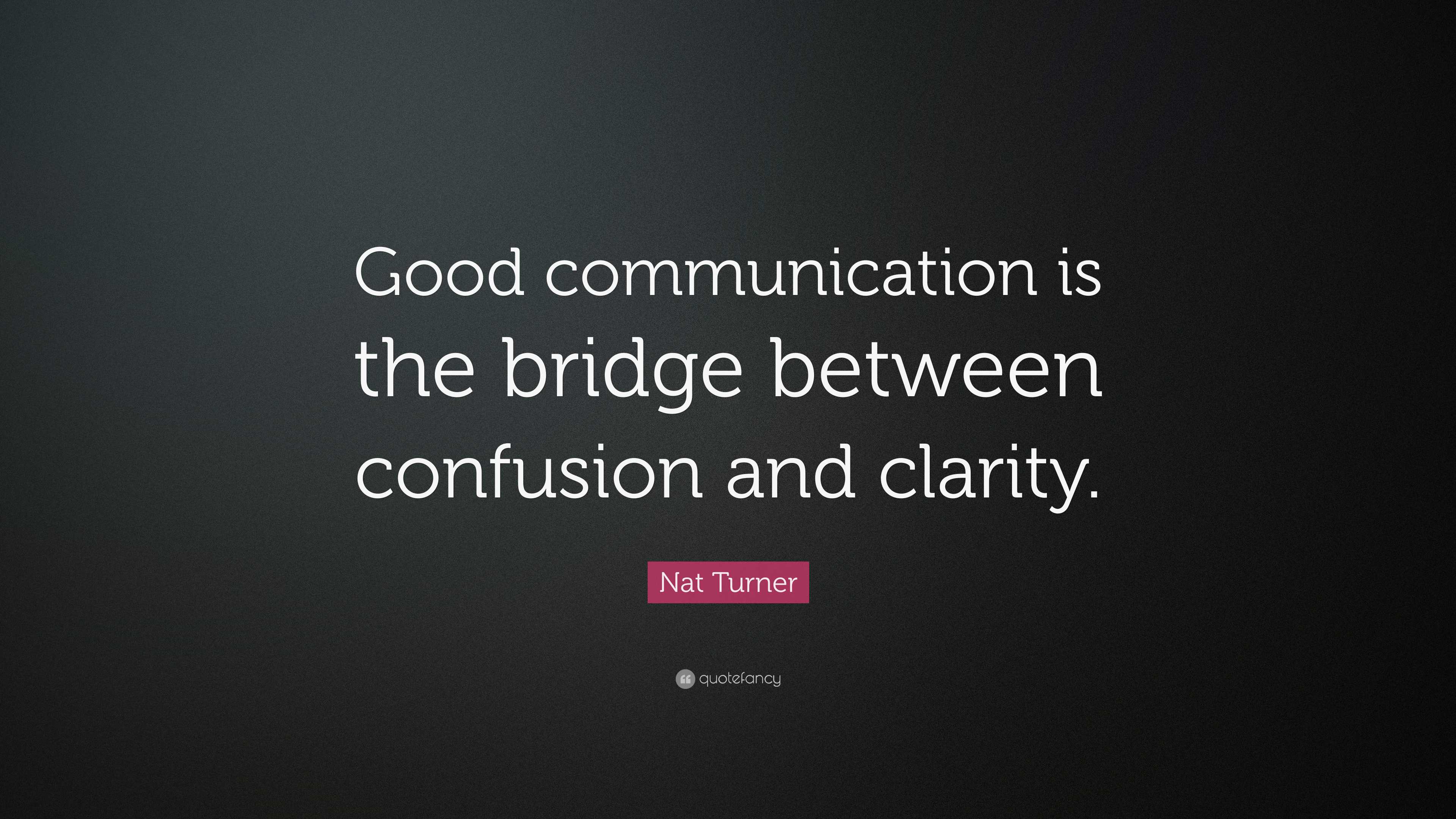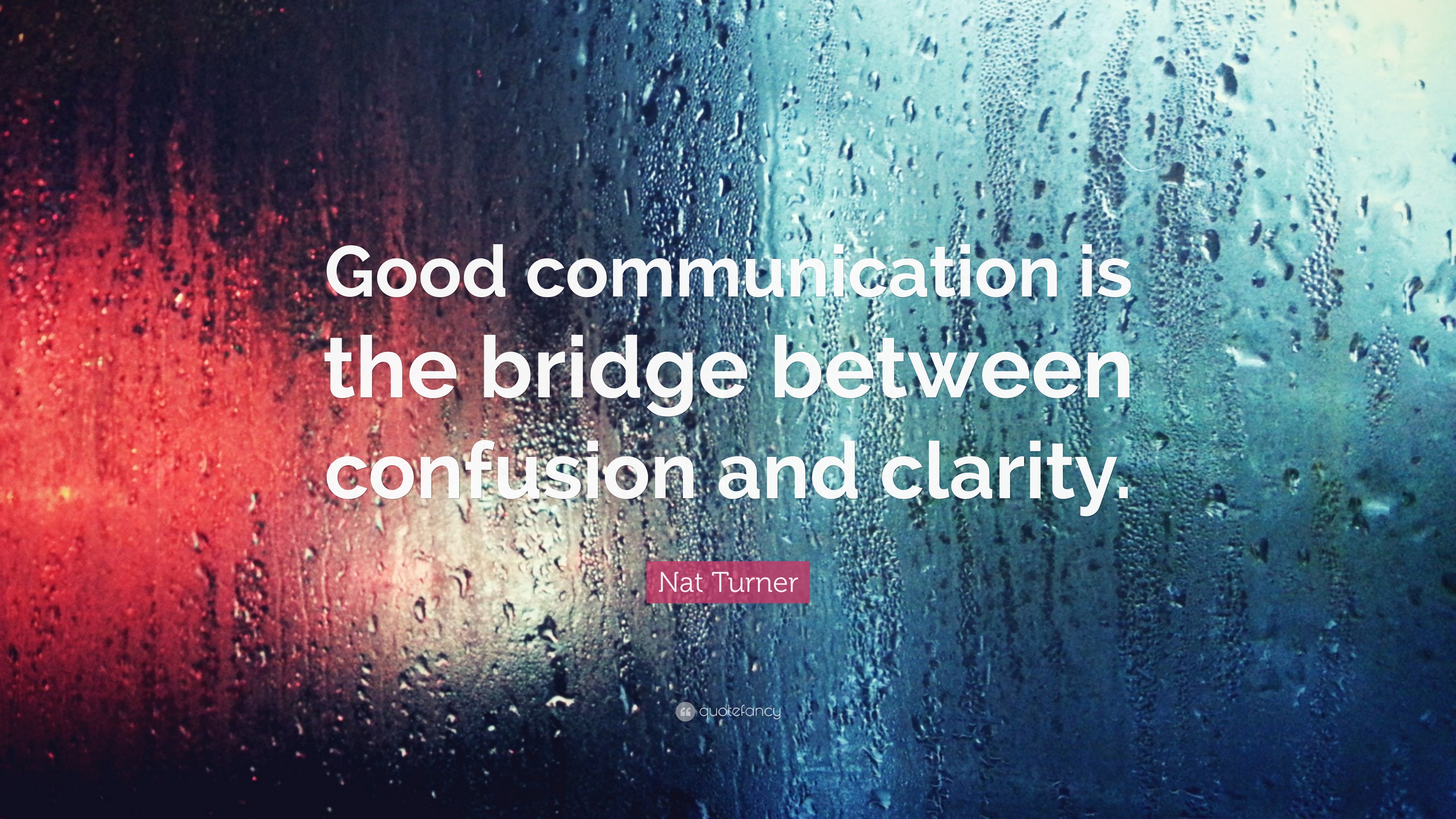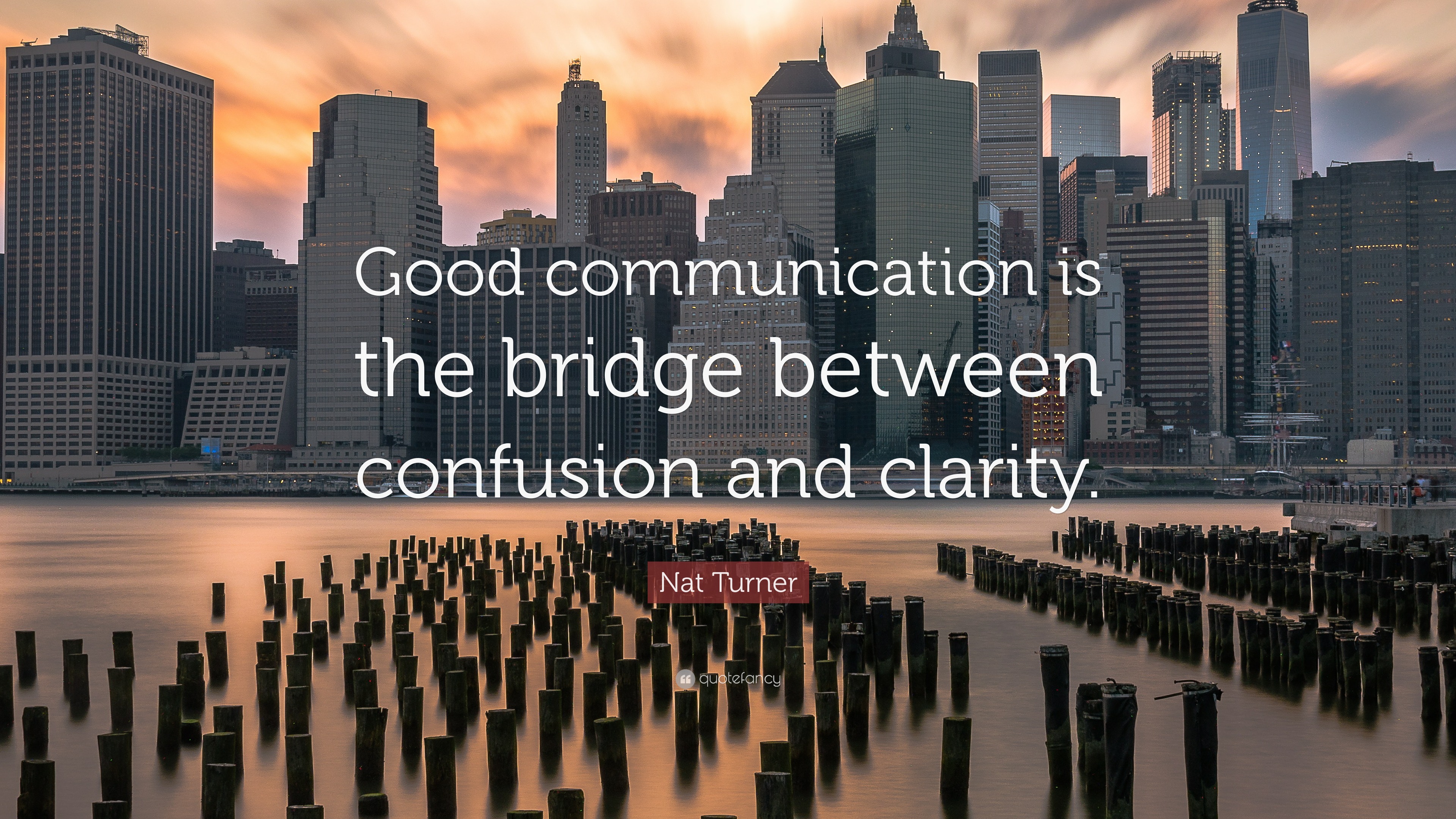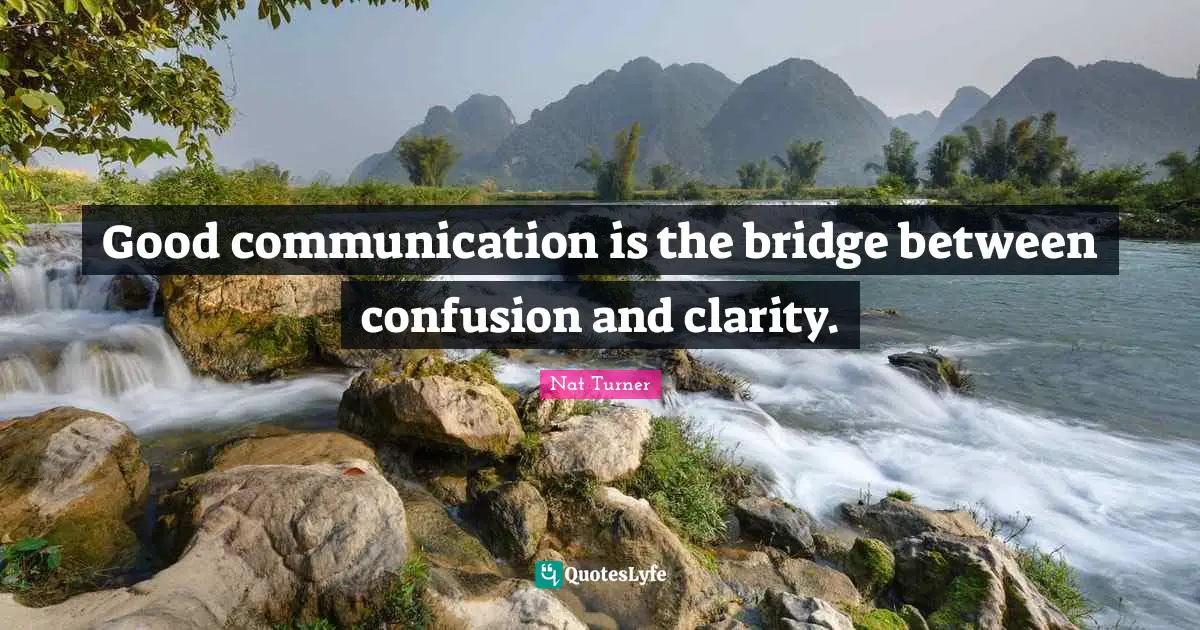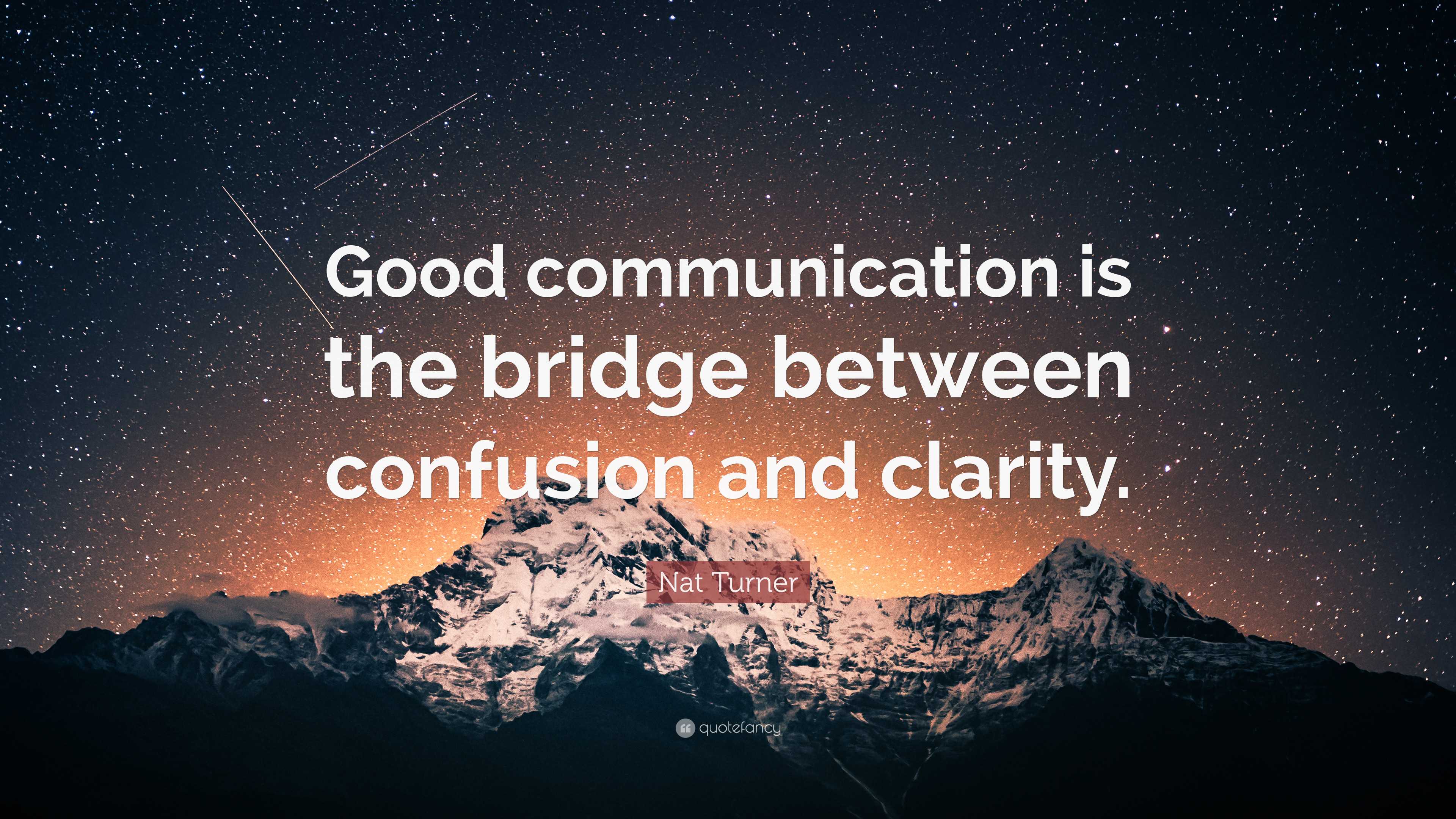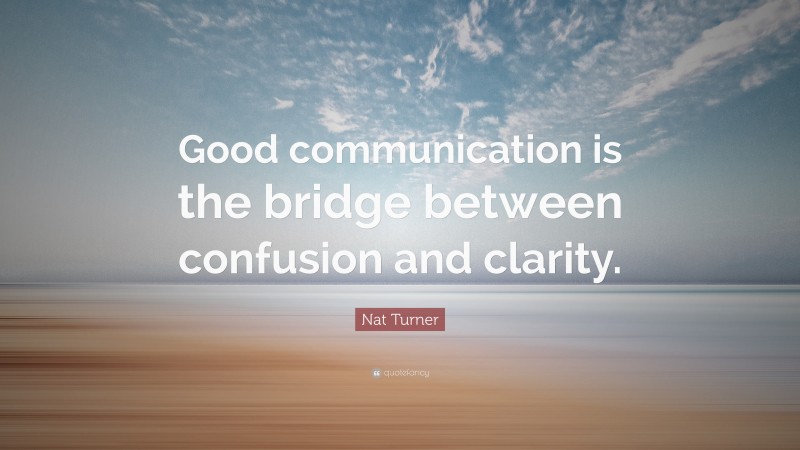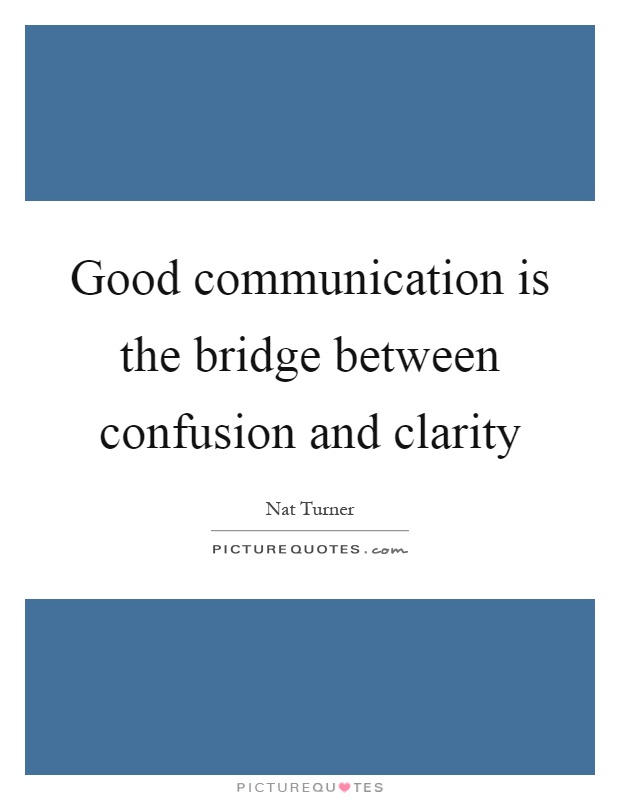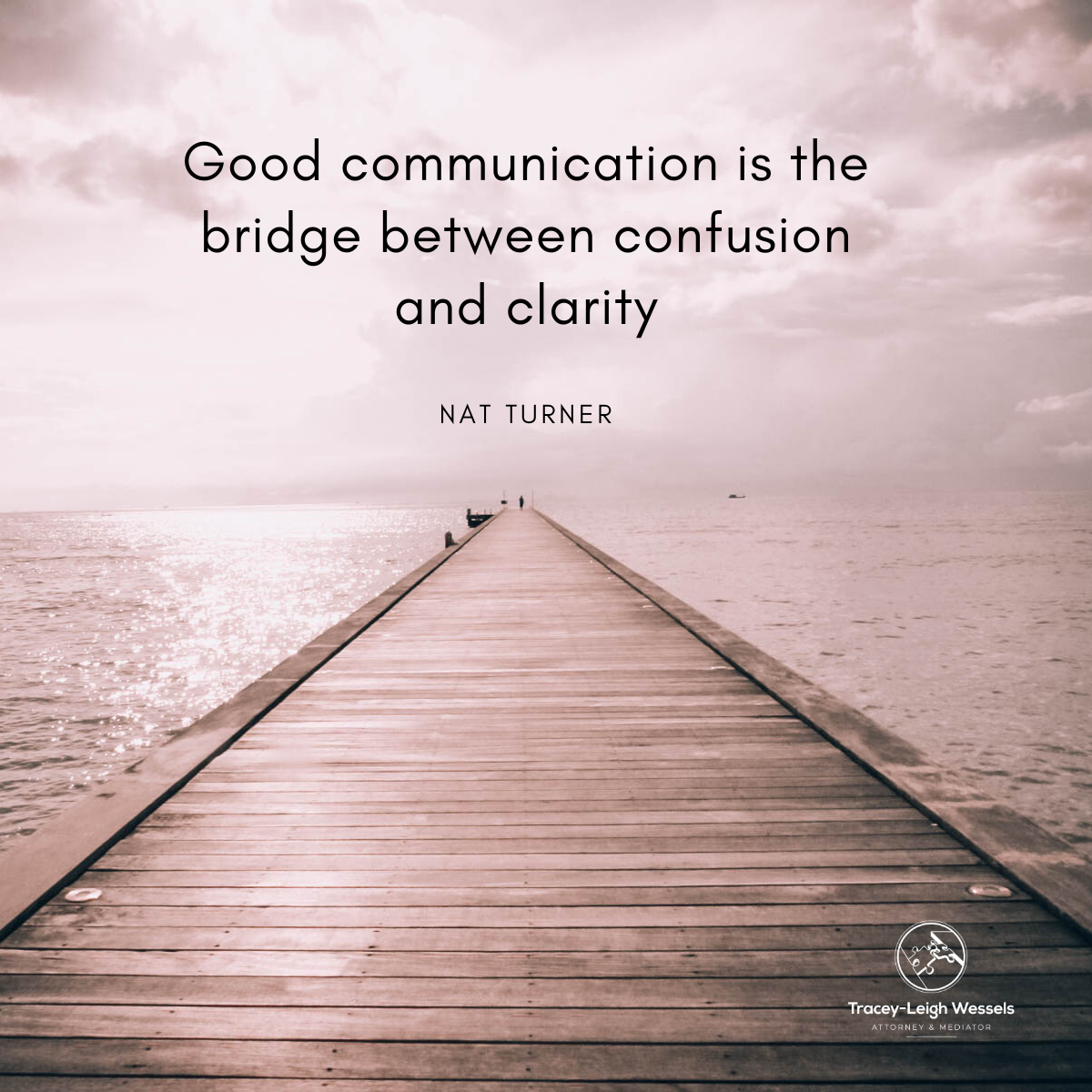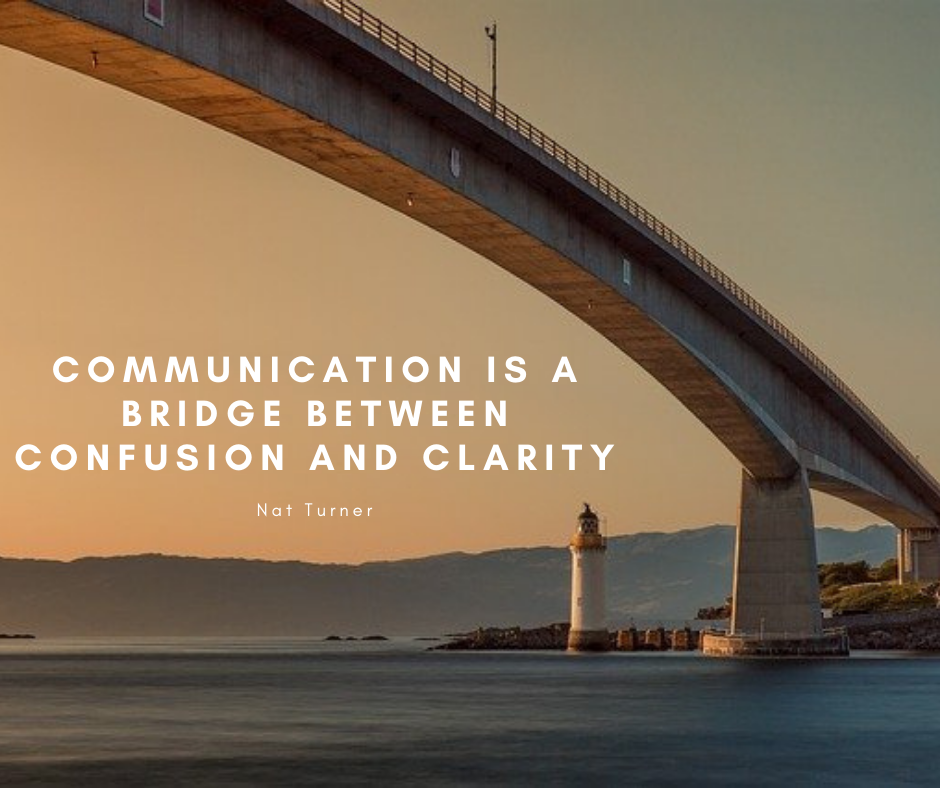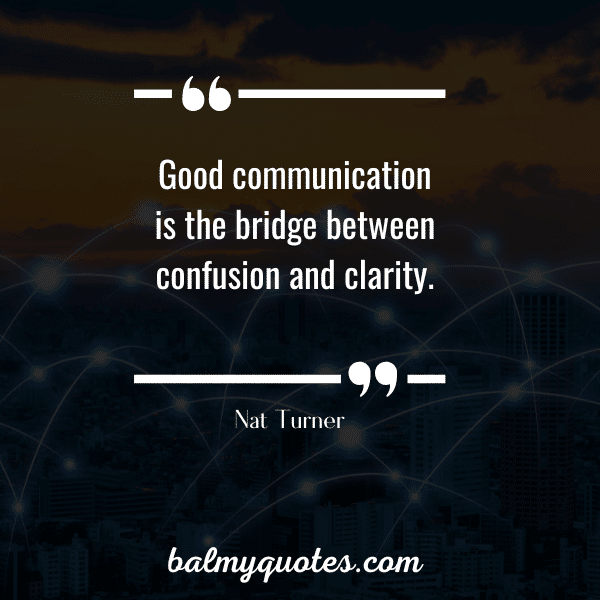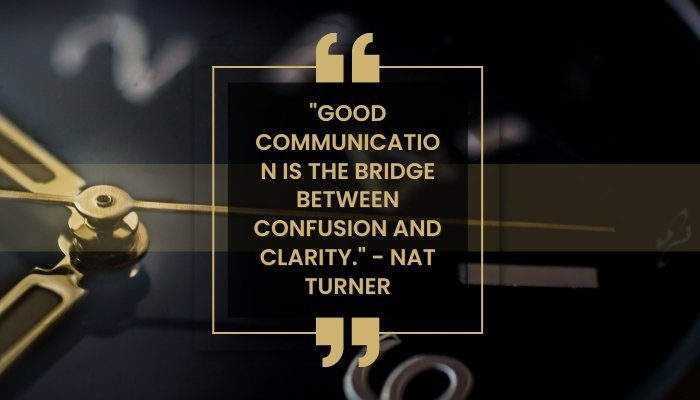Good Communication Is The Bridge Between Confusion And Clarity
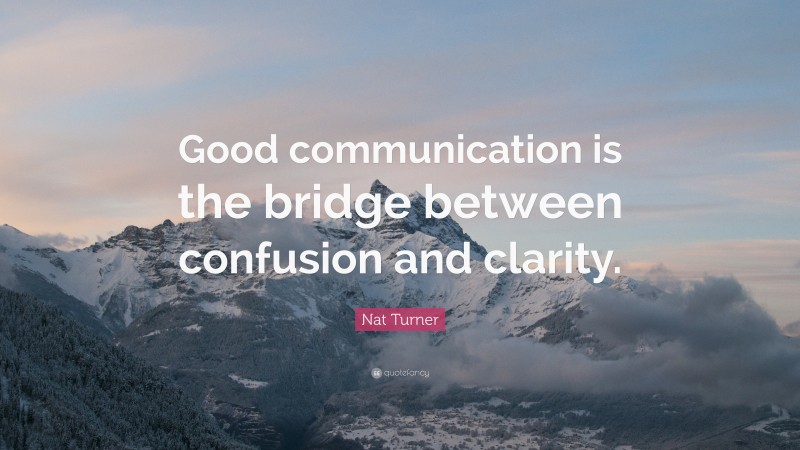
In an increasingly complex world, effective communication stands as the cornerstone of understanding, bridging the gap between confusion and clarity. Whether in professional settings, personal relationships, or societal discourse, the ability to articulate thoughts and ideas clearly, and to actively listen to and understand others, is crucial for navigating challenges and fostering collaboration.
This article explores the pivotal role of good communication in various facets of life, examining how its presence can lead to positive outcomes while its absence can contribute to misunderstandings and conflict. We will delve into specific examples and perspectives from communication experts, highlighting the essential elements that contribute to successful interactions and the potential impact on individuals and society as a whole.
The Importance of Clarity in Professional Environments
In the workplace, clear and concise communication is paramount for productivity and efficiency. A study by Project Management Institute found that poor communication is a primary contributor to project failure, costing companies significant resources.
Ambiguous instructions, unclear expectations, and inadequate feedback can lead to errors, delays, and decreased morale. Open and transparent communication channels, on the other hand, foster a sense of trust and encourage employees to share ideas and concerns.
Regular team meetings, well-defined project briefs, and active listening from management are vital for ensuring everyone is on the same page. Furthermore, providing constructive feedback and acknowledging employee contributions reinforces positive behavior and promotes a culture of continuous improvement.
Communication and Personal Relationships
Beyond the professional realm, communication is the bedrock of healthy and fulfilling personal relationships. Misunderstandings and misinterpretations can easily arise when individuals fail to express their needs and feelings effectively.
According to Dr. John Gottman, a renowned relationship expert, effective communication is a key predictor of marital success. Couples who actively listen to each other, empathize with their partner's perspective, and communicate openly and honestly are more likely to navigate challenges and maintain a strong connection.
Conversely, poor communication patterns, such as defensiveness, criticism, and stonewalling, can erode trust and lead to conflict. Nonviolent Communication, a method developed by Marshall Rosenberg, emphasizes empathy, honesty, and specific requests to resolve conflicts peacefully and build stronger relationships.
Communication in the Digital Age
The advent of digital communication has presented both opportunities and challenges. While technology has made it easier to connect with people across geographical boundaries, it has also introduced new avenues for miscommunication.
Email, social media, and text messaging often lack the nonverbal cues that enrich face-to-face interactions, making it easier to misinterpret tone and intent. The speed and brevity of digital communication can also contribute to misunderstandings if messages are not carefully crafted.
Therefore, it is crucial to be mindful of the potential for misinterpretation and to use technology thoughtfully. Taking the time to proofread emails, choosing words carefully, and avoiding sarcasm or ambiguous language can help prevent misunderstandings. When possible, opt for face-to-face or video calls to foster more personal and nuanced communication.
The Societal Impact of Effective Communication
On a broader scale, effective communication is essential for building bridges between diverse communities and promoting social cohesion. Misinformation and biased narratives can fuel division and conflict, while open and honest dialogue can foster understanding and empathy.
Media literacy is crucial for discerning credible sources of information and recognizing manipulative tactics. Encouraging critical thinking and promoting diverse perspectives can help individuals form informed opinions and engage in constructive dialogue.
Furthermore, creating platforms for marginalized voices to be heard is essential for fostering a more inclusive and equitable society. By actively listening to and understanding different viewpoints, we can work towards building consensus and addressing societal challenges collaboratively.
Strategies for Improving Communication Skills
Improving communication skills is an ongoing process that requires self-awareness, practice, and a willingness to learn. Actively listening to others, paying attention to nonverbal cues, and seeking feedback can help individuals identify areas for improvement.
Taking courses in communication, public speaking, or conflict resolution can provide valuable tools and techniques. Practicing empathy, showing genuine interest in others, and being mindful of one's own communication style can also significantly enhance interpersonal skills.
The National Communication Association (NCA) provides resources and guidance for individuals and organizations seeking to improve their communication practices. By investing in communication skills, individuals and organizations can unlock their full potential and contribute to a more connected and understanding world.
In conclusion, good communication is not merely a skill but a fundamental necessity for navigating the complexities of modern life. By prioritizing clarity, empathy, and active listening, we can bridge the gap between confusion and understanding, fostering stronger relationships, more productive workplaces, and a more cohesive society. The investment in effective communication is an investment in a brighter future.
